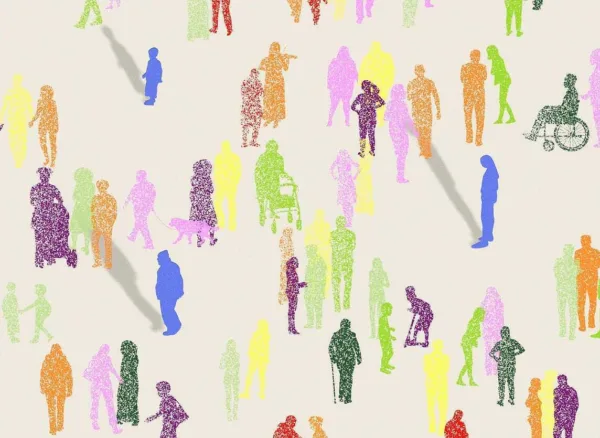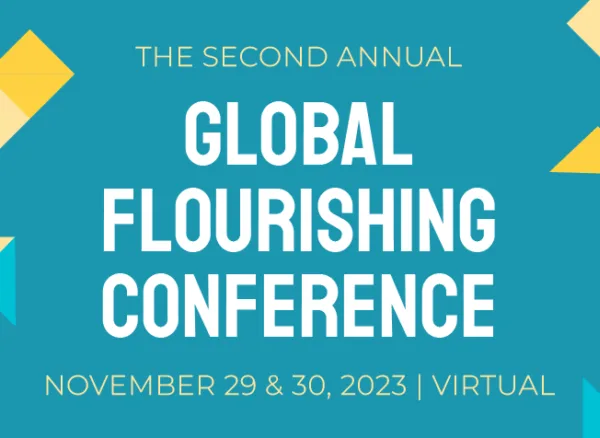Menu

This video — featuring Internet pioneer Dr. Vint Cerf; former president and CEO at the Center for Democracy and Technology, Nuala O’Connor; and director of faith outreach for President Barack Obama, Michael Wear — explores what it means to be a citizen in today’s networked age from the perspective of tech, policy, and theology.
There has been a complete overhaul of the idea of citizenship since the dawn of the Internet. “Being a citizen is actually harder work in cyberspace,” says Google's vice president and chief internet evangelist, Vint Cerf. Our connectedness has given rise to new voices and has been empowering billions of people. Along with these positive winds of change, however, negative influence has also increased its reach. In its best form, good citizenship is about thinking beyond just the self and making efforts to include the considerations of others into a worldview. A good citizen cares about the choices they make and measures the impact they have on the greater good.
Citizen or netizen? The construct of citizenship has broken beyond geographical boundaries and now people can form neighborly bonds with others in far-off lands based on shared interests. How we navigate these social changes will be crucial to our ability to maintain a moral compass.
Highlights from this installment of our award-winning “Stories of Impact” video series:
Learn more about the TWCF-funded research project related to this episode.
Read the transcript from the full interview conducted by journalist Richard Sergay featuring: Vint Cerf, Google's vice president and chief Internet evangelist, and one of the world’s recognized “fathers of the Internet”; Nuala O’Connor, former president and CEO at the Center for Democracy and Technology and current Senior Vice President and Chief Counsel, Digital Citizenship at Walmart; Michael Wear, a strategist, speaker, and practitioner at the intersection of faith, politics, and public life.
Templeton World Charity Foundation’s “Stories of Impact” videos by journalist and senior media executive Richard Sergay feature human stories and critical perspectives on breakthroughs about the universe’s big questions. The inspiring narratives and observations in these award-winning videos portray the individual and societal impacts of the projects that bring to life TWCF-supported research.




